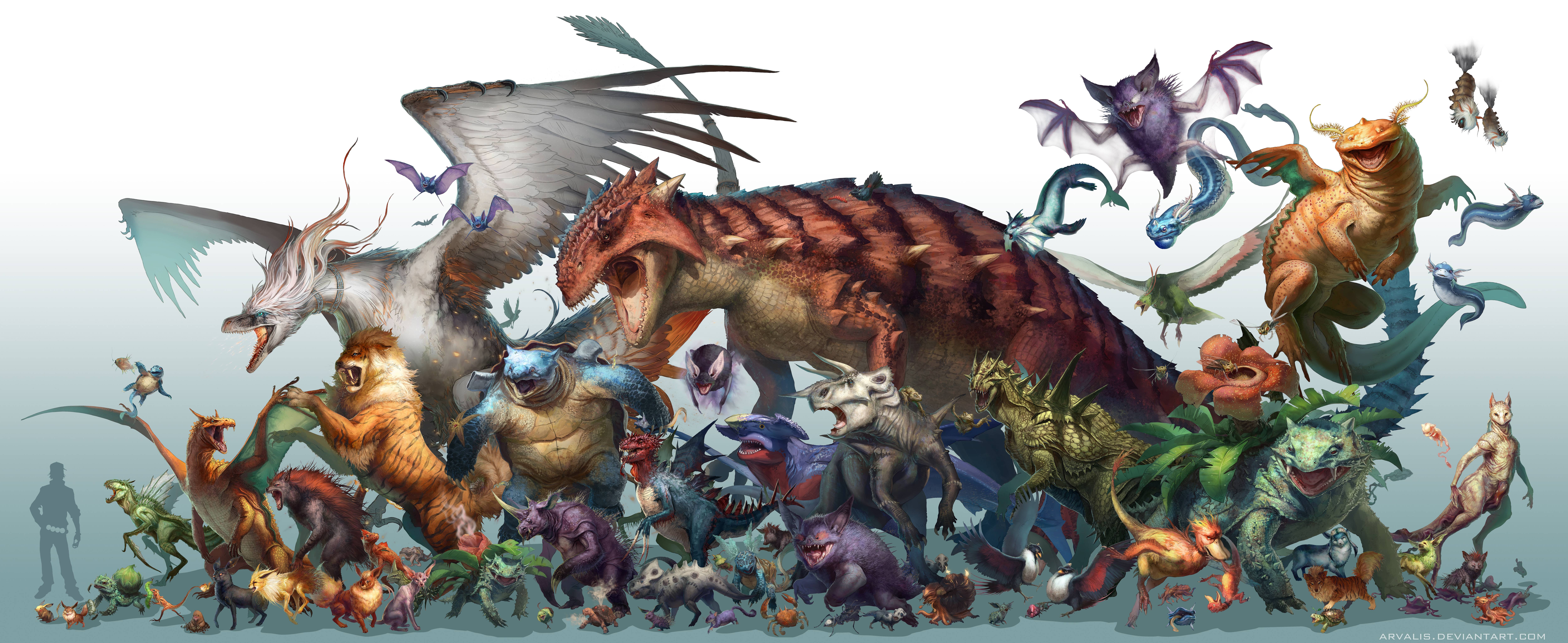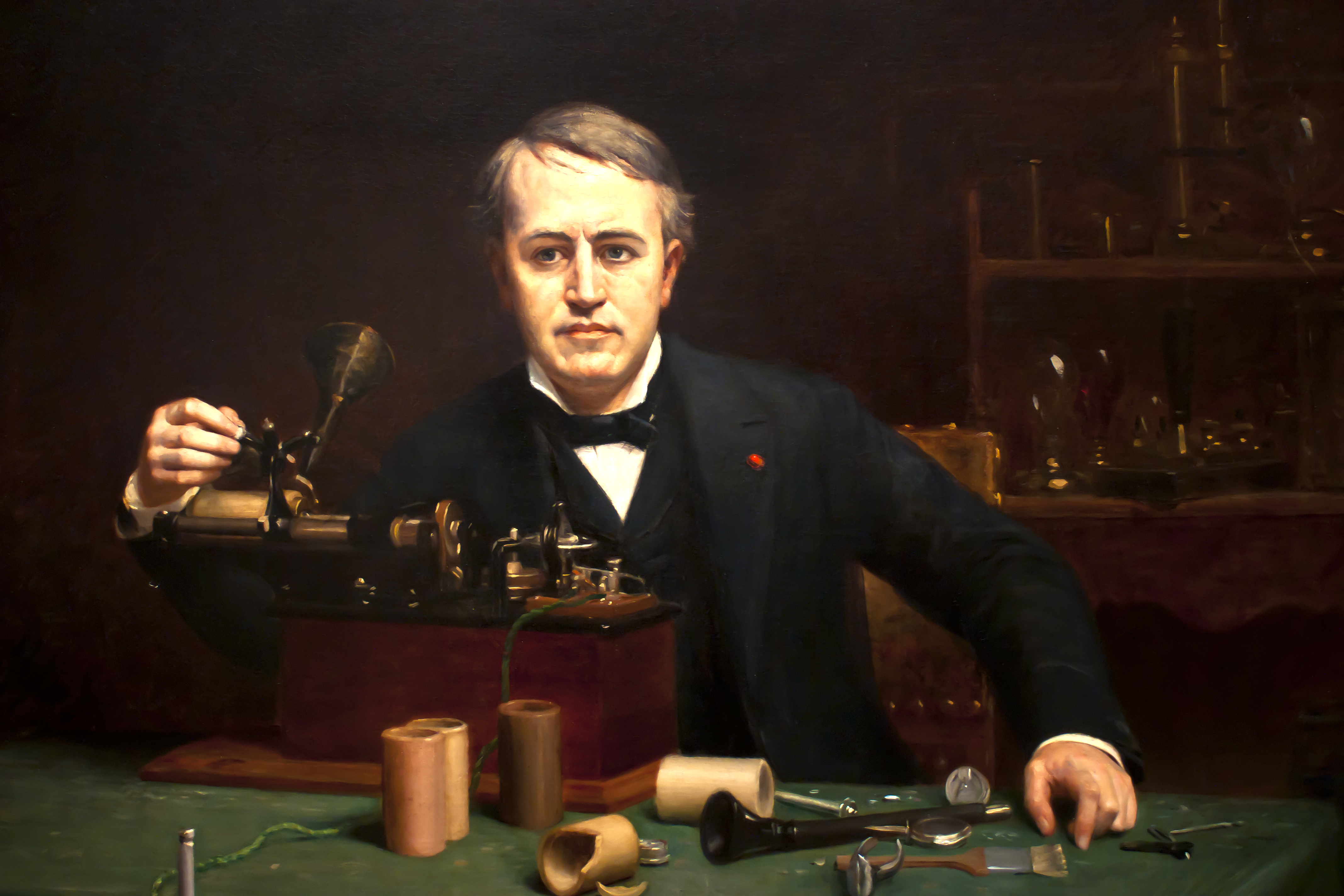45- Fifth – Sense of Imagination

Its effect is imagining things that are not before our eyes, regardless of time, place, or dimension. Its center of activity is in the mind and is manifested by the nervous system. Therefore, when imagination is strengthened, the nerves are said to be weakened.
The sense of imagination can visualize both realities and embody unreal matters. One may imagine a ghoul even though he has never seen one before, which the old philosophy regards as inventions. However, inventions emerge from a combination of precedented matters.
Inventors use the sense of imagination immensely, as we see inventors invent things that they have already imagined in their minds.
Without imagination, nothing but seeable things would cross the mind. However, the sense of imagination always creates unseen ideas or inventions necessary for people.
For instance, hashish may weaken the sense of thinking or harm the sense of vision; however, it expands and stimulates imagination and generates unreal spectacles before human eyes, like imagining a bowl of water as a sea. This notion is also true for alcoholic drinks or other narcotics. When an individual imagination becomes more powerful, it means that person has paid attention to his "sense of imagination" and has weakened his "sense of thinking."
Presumption and delusion are also parts of this sense. Children fear unreal phenomena such as monsters, while these are merely visions from their imagination. Sometimes, imagination may strengthen so much that it manifests a matter vividly before the person's eyes. Suicide forms into reality due to envisioning doom by the sense of imagination. Melancholia is also an extreme form of the sense of imagination.

Philosophers of Inductive and Deductive reasoning, including Hobbes and Gassendi, object Descartes who denoted: (there exists the notion of "a perfect existence" in our minds, and this confirms that a perfect existence had created this thought in us), and argue:
1. Since the human mind is bounded, it is incapable of presuming non-conditioned states.
2. In thought processes, parts of thinking with the help of imagination diminish the boundaries humankind experiences.
In response, Descartes says:
1. Even though a bounded mind cannot comprehend an unlimited God and cannot encompass its notion, it can still contact it and touch it the way they touch a mountain, which satisfies the understanding of its existence. Humankind understands this very well, even though he is an incomplete being.
2. Verities must be present in the cause to some extent, at least to the amount equivalent to their effect. Moreover, what is perfect and possesses more verities, cannot be affiliated with an affair less perfect than itself.